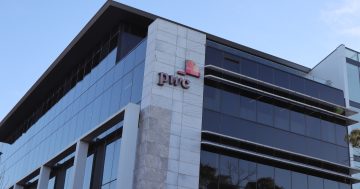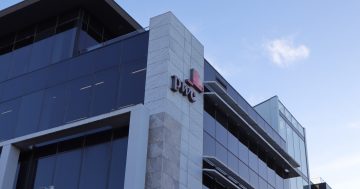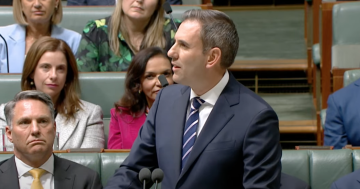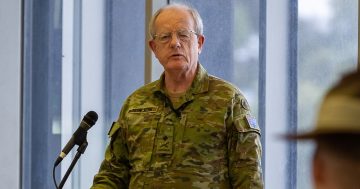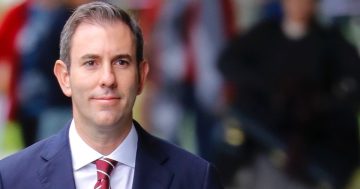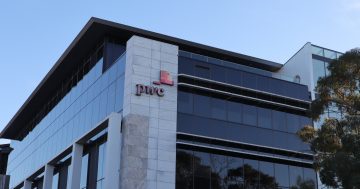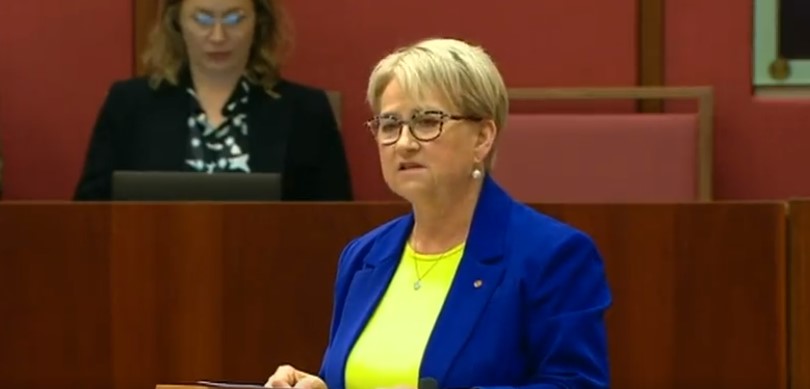
Senator Barbara Pocock is leading the Senate inquiry into the integrity of consultants. Photo: Screenshot.
A big four consultancy firm is snubbing the Federal Parliament by refusing to answer questions and provide information to a Senate committee – and this time it’s not PwC.
Executives from giant accountancy firm Deloitte have this week appeared before the Senate inquiry into the integrity of consultancy services to the Australian Public Service, but have refused to provide details of employee dismissals despite being repeatedly asked.
There have been 121 staff complaints made against Deloitte personnel this year so far, with 40 per cent related to bullying, 22 per cent to sexual harassment, and 10 per cent related to the misuse of confidential information.
When those figures were put to Deloitte’s chief risk officer Sneza Pelusi by Greens senator Barbara Pocock, Ms Pelusi said only one complaint was referred to the Australian Securities and Investments Commission (ASIC) and the Australian Restructuring Insolvency and Turnaround Association (ARITA) because it involved a case of alleged fraud.
Labor Senator Deborah O’Neill asked about the other 120, only to be told the firm didn’t believe they were reportable cases.
Ms Pelusi added that some executives had been fired as a result of complaints, but she refused to say how many.
That answer wasn’t acceptable to Senator O’Neill who demanded to know why the dismissals were not made public in order to keep them out of the consulting “ecosystem” instead of acting like the Catholic Church moving abusive priests from one parish to another.
Senator O’Neill accused the firm of hiding behind “commercial in confidence” as an excuse for refusing to provide information to the parliament.
“You’ve had the opportunity to come before this committee and put this on the public record,” she said.
“PwC actually did better than you and put evidence out there.
“I urge you to reconsider your submission in the interests of your own reputation and the national interest.”
Chief executive officer Adam Powick said he would “consider” the request to provide more information.
The chief executive also refused to tell a parliamentary inquiry when he first learned about an allegedly fraudulent investment scheme run by a now former Deloitte partner, in which an internal investigation found 12 partners had personally invested.
In a separate line of grilling, Mr Powick admitted he was paid too much and didn’t deserve a salary that was seven times that of Prime Minister Anthony Albanese.
But the admission followed Deloitte’s chairman Tom Imbesi refusing to state how many of the firm’s employees earned more than $1 million.
“Providing the number of people in million-dollar bands is something you’re not comfortable giving to the Australian public given that last year you took $712 million of public money?” Senator Pocock asked.
Mr Powick finally told the committee the average base salary for Deloitte partners was between $500,000 and $600,000 a year.
Senator O’Neill pursued the CEO’s own salary, which is about $3.5 million a year.
“Are you really worth seven times the salary of the Australian Prime Minister?” Senator O’Neill asked.
Mr Powick answered: “No. I happen to deeply recognise that I’m incredibly privileged to earn what I do for what I do.”
In hearings on Tuesday, executives from big four firm EY were also evasive about their executive salaries, with CEO David Larocca eventually disclosing that the average partner income was almost $1 million a year and that he personally earned $2.8 million last year.
“It’s not my role to judge what my income should be,” he told the committee.
“I believe it is a fair reflection of what I do.”
EY tried to distance itself from PwC, describing its competitor’s behaviour as “deeply disturbing and disappointing”.
But Senator Pocock was having none of it and instead chastised the firm for not being more open about salaries in light of the earnings the company made from the taxpayer through government contracts.
“You distinguish yourself from PwC and you’re telling us that you’re different and better, but for me, it’s deeds, not words, that people are looking for,” Senator Pocock said.
“This is a critical piece of the way you work; this is your modus operandi, and we have a right to know.”
Senator Pocock has stated in subsequent media interviews that the committee had heard anecdotal whistleblower evidence of the some consulting executives rehearsing their lines and talking about how they were going to “stomp all over” the senators.
She said refusing to provide requested information to the committee was contemptuous of the Australian Parliament.
Former chairman of the Australian Competition and Consumer Commission (ACCC) Alan Fels told the hearings that at the federal level, governments had become far too reliant on external consultants and would pay whatever they asked.
Professor Fels said laws needed to change and an independent regulator be established in order to stamp out arrogant and potentially illegal consultant behaviour such as the highly publicised PwC breach of trust in leaking confidential Treasury information for its own profits.












